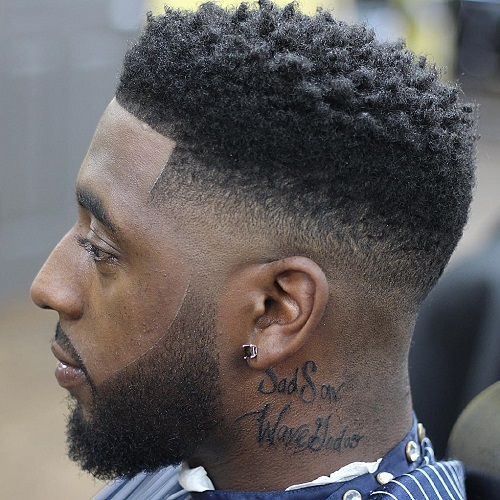Hairdressers as Cultural Stewards Shaping Neighborhood Identity and Bonding in New York City
Hairdressers as Cultural Stewards Shaping Neighborhood Identity and Bonding in New York City
Blog Article
Barbershops in New York City are more than just places to get a haircut; they serve as crucial community hubs that help shape community identity and nurture connections among locals. These businesses have a long heritage in city settings, serving as meeting spots where individuals from diverse backgrounds come togetherness. In many neighborhoods, barbershops are often the first venue where clients can participate in discussions about local issues, share stories, and forge relationships. This unique role makes barbers not only skilled professionals but also cultural curators who contribute to the community fabric of their neighborhoods.
The environment in a barbershop is often vibrant and inviting, creating a space where people feel at ease sharing themselves. Barbers are known for their ability to connect with patrons, often participating in discussions that span from athletics to politics. This interaction helps to create a feeling of belonging among clients, as they share their stories and perspectives. In many cases, barbershops reflect the cultural diversity of the areas they support, showcasing different haircuts, grooming methods, and even sounds that resonate with the local population. This cultural exchange enriches the interaction for everyone involved and bolsters community ties.
Barbershops also play a key role in preserving cultural heritage. Many barbers have been educated in particular techniques that are transmitted through ages, guaranteeing that unique looks and methods are not forgotten over time. For instance, certain styles and grooming practices may be linked to cultural background, allowing clients to show their identity through their look. By upholding these customs, barbershops help to preserve cultural stories alive, providing a feeling of pride and connection for community members.
In addition to their cultural importance, barbershops often participate in community service and support local causes. Many barbers take an proactive role in addressing social issues, such as education and health awareness, by hosting events or providing resources to their clients. This involvement demonstrates a commitment to the well-being of the community and fosters a sense of responsibility among barbers. By using their influence to encourage positive development, barbershops become vital players in the local men's haircuts with easy maintenance area, further reinforcing their role as community curators.
In conclusion, barbershops in NYC serve as crucial places for cultural interaction, community building, and identity formation. They provide a unique environment where individuals can bond, exchange, and honor their varied backgrounds. As cultural curators, barbers not only shape the way clients show themselves but also affect the broader social dynamics. By recognizing the value of these businesses, we can value the essential role they play in fostering connections and preserving cultural traditions in city settings.